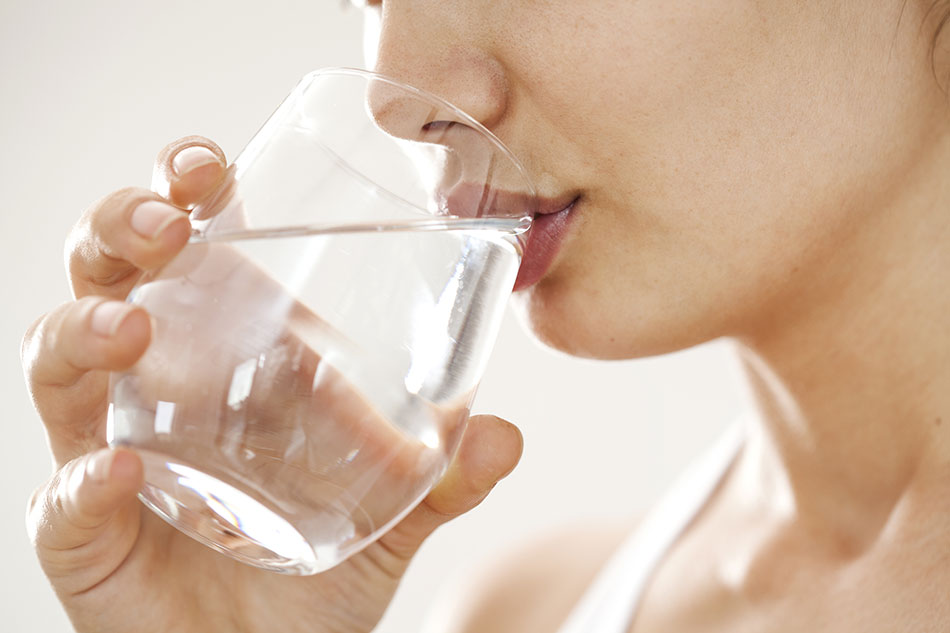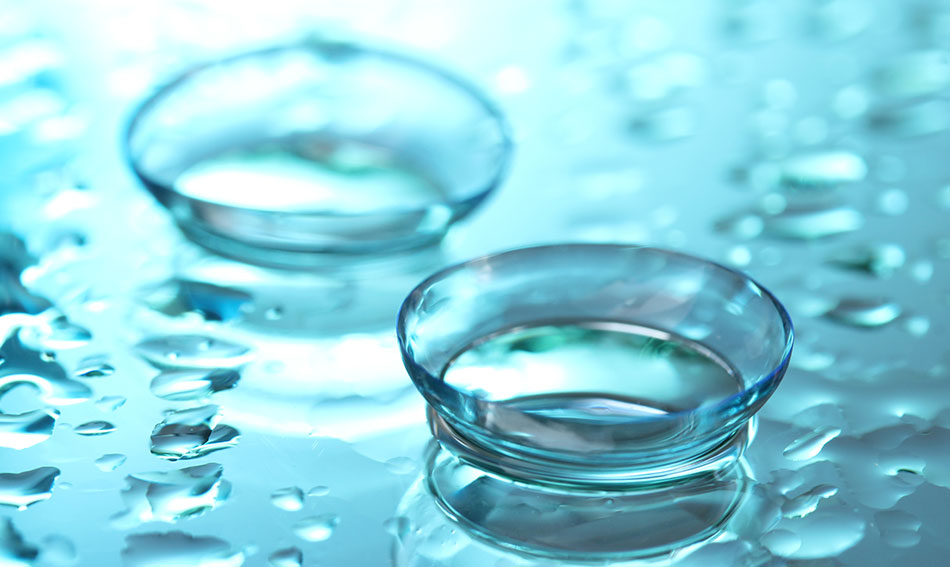How to Keep Your Eyes and Contact Lenses Happy This Winter

Wintertime has its perks. Christmas and New Year’s create lots of fun events, ice-skating is fun and we never say no to a gingerbread cookie. But boy do we hate the cold weather! We know that we’re definitely not alone!
When the temperature drops, your whole body feels it. But what actually happens to your eyes in extremely cold temperatures? How do your contact lenses react? And what can you do to keep your eyes and contact lenses happy? Read on to find out!
What Happens to Our Eyes and Contacts in the Winter?
Myth
Let’s start with a myth: cold weather makes your contacts freeze in your eyes. This sounds quite horrifying doesn’t it? Let’s explore some facts that will debunk this myth.
Facts
First of all, it is highly unlikely that your contact lenses will freeze in your eyes. Experiments conducted in the 1980s proved that contacts are safe to wear in extremely cold environments. Scientists exposed rabbits wearing contact lenses to low temperatures and high winds for 3 hours. However, they saw no effect of the cold on contacts in 85% of the eyes. Although these scientists used hard lenses and rabbit subjects, the findings also apply to humans.
Today’s soft contact lenses contain advanced moisturizing technology. This makes them less likely to sustain damage from extreme cold. Your eyes’ warmth and tears also prevent any freezing from happening. So even when you feel like an icicle, frozen contacts are pretty much impossible.
When it gets cold, you are more likely to experience dry eyes. If your eyes are normally sensitive to the cold, then wearing contacts heightens your cold sensitivity. You may also experience greater eye irritation than those without that sensitivity. This can feel like your eyes and contacts are freezing over, but we promise you—they’re not!
Taking Care of Contact Lenses in Cold Weather

There’s no way you’re going to stay indoors when everyone else is building snowmen or making snow angels. You probably also don’t want to miss out on the thrill of ski season once it starts. So what can you do to keep your eyes and contact lenses happy and healthy? We have a few ideas that will help you brave the cold.
Wear UV-Resistant Sunglasses or Goggles

Your eyes, like your skin, are vulnerable to sunburn, even in winter. Snow can reflect UV rays and cause as much damage to your eyes as if you were sitting poolside with no eye protection.
This eye sunburn is also known as photokeratitis, or snow blindness. It occurs when your corneas become swollen after exposure to intense UV rays reflecting off the snow. Photokeratitis symptoms include eye irritation, light sensitivity, headaches, excessive blinking and tearing, and blurred vision.
These symptoms disappear on their own within a day or two. You may experience light sensitivity for up to a week. But if any symptoms last longer, then we recommend a visit to your eye doctor.
Obviously, it’s best to avoid photokeratitis, not only because of the pain, but also for your health. You can protect yourself by wearing UV-resistant glasses and goggles. In addition to protective gear, you can also wear UV-blocking contacts to be extra safe.
Keep Your Body Warm
In order to keep the temperature of your eyes at a comfortable level, keep your entire body warm. Your home and vehicles should also be temperature regulated. If the air in your home is dry, then invest in a humidifier. This will help you combat dry eyes.
You should wear thermal layers and protect your head and face from cold winds. Goggles work marvelously, but they aren’t practical for a stroll downtown. You should always wear a hat, earmuffs, a thick scarf and at least sunglasses. All this will keep your eyes happy while you wear contacts in the winter.
Stay Hydrated

Many people underestimate the importance of hydration when the weather is cold. You’ve got your hot chocolate, hazelnut latte and mulled wine, and you feel full to the brim.
But you forgot to properly hydrate your body with the recommended eight glasses of water per day. Drinking lots of water is good for your entire body, including your eyes. Without proper hydration, your eyes can dry out. This can make your contacts feel uncomfortable due to the lack of lubrication.
Use Eye Drops
Winter can cause your eyes to dry out. There are a wide range of eye drops available to deal with seasonal irritation. But speak to your eye doctor about the best one for you. If you notice that the prescribed eye drop is not lessening your eye irritation, then have your doctor check for any underlying conditions.
Choose Daily Contact Lenses With Moisture Technology

Not all contact lenses are created equal, especially for combating dry eyes. For winter wear, we recommend soft daily disposables made from silicone hydrogel. These have a high water content. Some benefits of these contacts include:
- Comfort: Soft contacts allow for more oxygen flow to your eyes, which will retain greater moisture. These contact lenses give better comfort for all-day wear.
- Convenience: Each pair of contacts is thrown away at the end of the day. This eliminates the need for a cleaning routine. You also reduce your risk of eye infections.
- Security: Soft contacts are not easy to dislodge. These lenses will remain in place for all your winter activities!
Let’s consider some popular soft daily disposables. Proclear 1-Day lenses provide improved comfort by reducing dry-eye symptoms. They retain 96% of their moisture for up to 12 hours. Focus Dailies AquaComfort Plus contacts refresh your eyes with every blink. The 1-Day Acuvue Moist lenses contain exclusive Lacreon technology to help with eye irritation and provide comfortable wear.
Stay Warm and Toasty!
We recommend that you try these tips to keep your eyes and contact lenses warm and happy. If you want to change your contacts for winter, then discuss your options with your eye doctor.